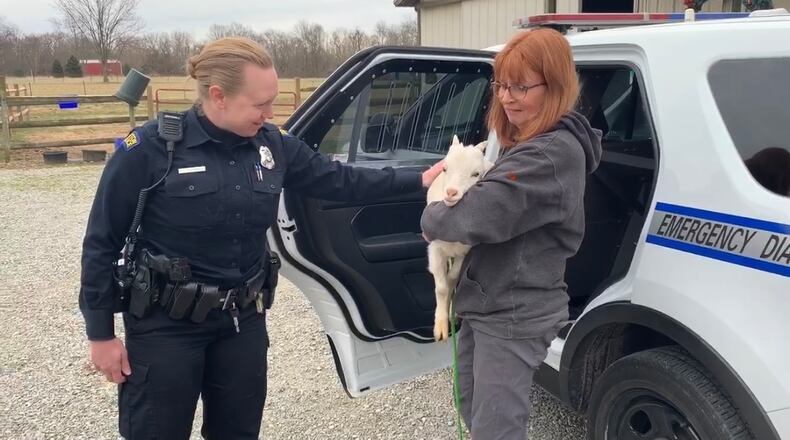The Gays started the rescue 40 years ago with a squirrel that had fallen from its nest and landed on cement, leaving it paralyzed. After providing a winter of rest and medication to reduce spinal inflammation, the Grays were able to release the squirrel in the spring.
For nearly 20 years the rescue focused on the rehabilitation of orphaned, injured and/or sick wildlife with the intent of returning them to their natural environment. Now it focuses on wildlife education, guiding those interested in becoming rehabilitators and those enjoying their own backyard wildlife.
Their website gives detailed instructions on caring for some of the more common animals you may find on a hike or in your backyard, such as baby rabbits, birds, skunks and squirrels.
For example, the site explains how human interaction rarely is the best option for taking care of a baby bunny, what scenarios indicate an intervention is necessary, how to transport the baby safely and why formula and cow’s milk are harmful. And the rescue describes how to keep the animals warm.
Wild Again is also home to many relinquished, abandoned and/or abused domestic farm and companion animals. It has about 25 regular weekly workers taking care of them. Barb described one couple who had a baby a year ago as “never missing a beat.” When it’s their turn to volunteer, the baby comes, too.
They have 38 animals, but the number changes frequently. As Barb explained, “While it’s wonderful to help as many animals as possible, we have to limit the numbers in order to care for them properly, which includes medical care, feed, shelter and emotional support and enrichment. If we cannot accept an animal, I will do whatever I can to help find a good home.”
Animals calling the rescue home include horses, alpacas, pigs, goats, geese, a peacock, a peahen, parrots, rabbits, guinea pigs, cats and dogs.
Their resident peacock, Cy, had been free roaming after the death of its owner when it was attacked by a coyote and its jugular vein was severed. A woman seeing the incident wrapped the bird in Saran Wrap to keep him from panicking and to control the bleeding, then drove him straight to their rescue. Thanks to the woman’s quick thinking and action, they were able to treat and save the bird.
Cy spent the winter indoors and now roams the farm with a new peahen, Nara, donated to the rescue as his companion. Slowly, the two were introduced and now are inseparable, exploring the rescue and learning the farm’s boundaries.
Day-to-day operational costs are sizeable considering the variety of animals that call the rescue home. Different types of feed are required, plus veterinary care, in addition to routine farm repairs and maintenance. Private donations are their only source of income.
“It’s a never-ending fight to provide these animals with what they deserve,” Barb says.
I believe it’s a fight worth winning.
Karin Spicer is a member of The Dog Writers Association of America. She lives with her family and two furry pets who inspire her. She can be reached at spicerkarin@gmail.com.
HOW TO HELP
Online: To donate or learn more about Wild Again Rescue: wildagainrescue.com
About the Author
